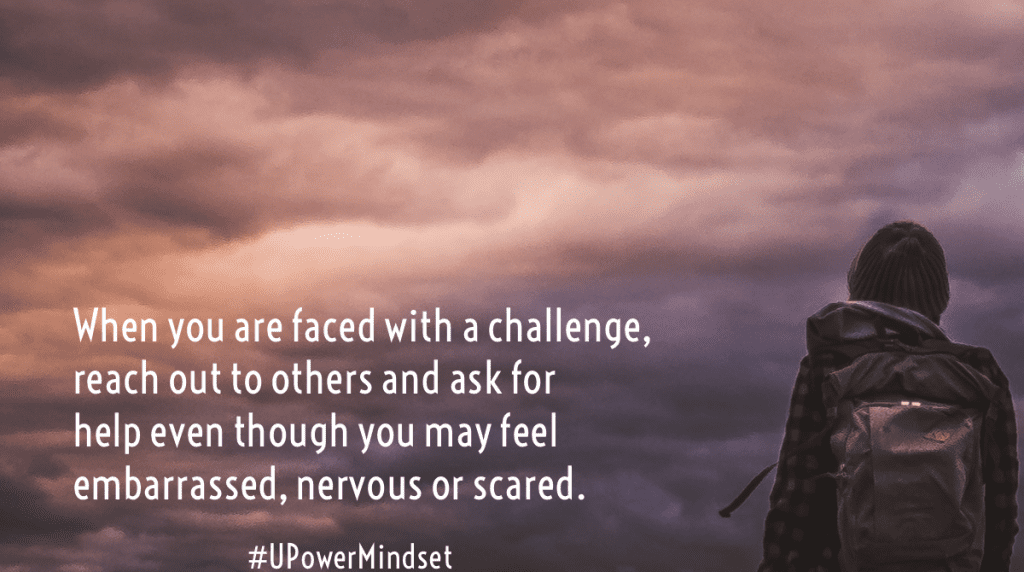
3 Sure Fire Ways to Be Resilient
“Resilience: noun
- The ability to recover from or adjust easily to misfortune or change: toughness
- The ability of a substance or object to spring back into shape; elasticity.
What does it mean to be tough? Or to be elastic as a person?
Maybe we bend, but never break. Maybe we bruise, but are not broken. We survive hardships and heartbreaks and come out stronger on the other side when resilience guides us through.
It’s important to note that resilience isn’t a mysterious exterior force some of us are gifted with (even though it may feel that way sometimes), but a choice we make in the face of a challenge. It’s how quick we pick ourselves up, dust ourselves off, and choose to take another step forward. It can be a difficult skill to learn, but one that will carry us through tough times and uncomfortable emotions in a way that reacting negatively never can. But how do you learn resilience?
That’s right—it’s learned, like any other skill.
Here are 3 sure-fire ways to developing the skill of resilience:
1. Character
Challenges bring up tough, overwhelming emotions like: sadness, disappointment, anger, frustration—emotions that make it difficult to make choices that show our character. Instead of reacting out of emotions during challenging circumstances, can you acknowledge your emotions, identify them, and move through them in a healthy way?
It takes courage to acknowledge emotions and find the determination and confidence to keep moving forward.
You are more than the adversity you face and building a strong character will be your pathway to accept and overcome the obstacles that may stand in your way.

![]() 2. Support
2. Support
Try as some of us might, we can’t go very far without support from others. A strong support system is crucial to bouncing back from challenging times.
When you are facing a challenge, reach out to others and ask for help even though you may feel embarrassed, nervous or scared. People who care for and love you will help you move forward. They will give you the hope you need to believe that there is light at the end of the tunnel that seems winding and endless.
3. Perception
Remember this: Challenges are chapters in your life not your whole story. I say it often because it’s true and realizing this will change your perception of every roadblock.
Resilience is very much based on perception. How do you see what you’re going through? Do you look at it as ‘this is what my life will look and feel like forever’ or do you perceive challenges as ways to learn and grow? Altering your perception alters whether you stay down or bounce back.
We all want to keep stepping one foot in front of the other with the belief that challenges have an end point. We all need to believe that there is some purpose in what happened.
Resilience in Practice
Does it seem difficult to learn resilience? Sometimes it definitely does. Here’s an exercise my mum taught me that I use to this day to help me bounce back.
When I was 15, I hit the wrong note during a big singing performance. After listening to me express my embarrassment, frustration, and disappointment, my mum asked me one question: “What is the gift?”
Me: What do you mean? It was so embarrassing! There is no gift.
My mum: What’s the gift? What did you learn?
Me: Nothing. (I was still so upset with myself)
My mum: Write 3 positive things you received from this challenge.
With a calm brain, I reflected on the gifts.
What did I learn that helped me build my resilience?
The breakdown: I chose to act based on my character of respect for myself, others and my dreams. I chose to stay determined to keep singing. I had the support of my mum and I realized that changing my perception from what happened to what I learned helped me bounce back.
This exercise helped train my brain to look for gratitude even in the darkest moments.
Can you practice the same? Can you think of 3 gifts you have received from a challenging time?
Until next time,

